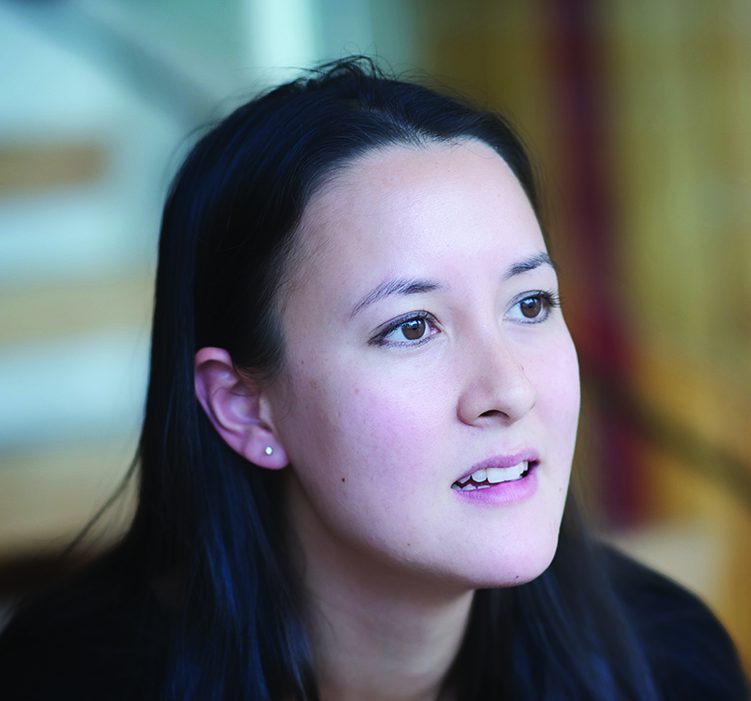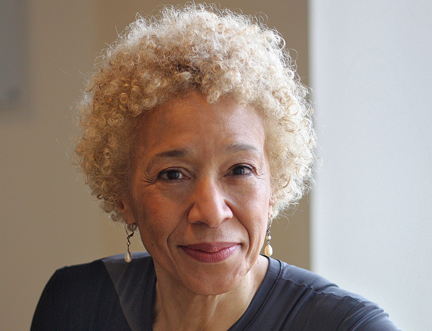What kind of mixed race/ethnicity data is needed for the 2020/21 global population census round: the cases of the UK, USA, and Canada
Ethnic and Racial Studies
Published online: 2017-07-26
pages 1-19
DOI: 10.1080/01419870.2017.1346267
Peter J. Aspinall, Emeritus Reader in Population Health
Centre for Health Services Studies
University of Kent, Canterbury, United Kingdom
In western countries the mixed race/ethnicity population is experiencing a rapid increase in numbers and growing diversity, raising challenges for its capture in censuses and surveys. Methods include exact combinations of interest, multi-ticking, and open response, as exemplified by the censuses of England and Wales, the USA and Canada, and Scotland and Northern Ireland, respectively. However, investigations of question face validity, reproducibility of findings, and efficacy of capture reveal quality problems with all three approaches. The low reporting reliability of this population urgently requires research and testing to identify optimal strategies. While there is clearly no one gold standard method of capture and current approaches have developed within national contexts, it is timely to review these methods across the three countries and to make recommendations for the upcoming 2020/21 censuses.
Introduction
Throughout much of the twentieth century the salient view in ethnicity data collection was that people belonged in separate and mutually exclusive racial/ethnic categories,1 an approach termed ethnic absolutism (Gilroy 2004). This status quo was maintained by some statistical agencies in the UK through the claim that persons of mixed race/ethnicity preferred to identify with a single group (Sillitoe and White 1992). Moreover, in the USA, the “one drop rule” privileged the minority ethnic component in a mixed person’s racial identity, requiring only one race to be assigned to a person (Davis 1991). Mixed persons who utilized “other” categories or unofficially multi-ticked went uncounted. However, as the mixed population began to increase in recent decades and respondents in censuses and surveys demonstrated their wish to self-identify their mixedness in free-text (Aspinall 2010), this approach was no longer sustainable. In consequence, census and other official organizations across the world and especially in western countries have been faced with the challenge of how to count this mixed/multiple population. This has led to the adoption of a plurality of measures (Morning 2008) that belies the complexities with respect to conceptualization and the proliferation in type of mixes or combinations. Moreover, several countries are now approaching their second or third decennial census in which the mixed population has been measured, yielding an evidence base on optimal strategies. It is therefore timely to take stock of these practices and to explore what kind of mixed race/ethnicity data is needed for the upcoming 2020/21 global population census round…
Read the entire article in HTML or PDF format.







